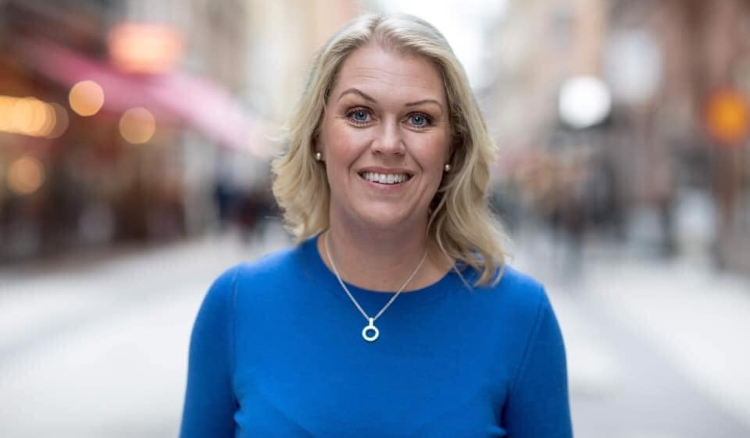Sweden eases COVID restrictions

Photo: Facebook
The Swedish Government previously presented a plan for adapting and phasing out the restrictions put in place in response to the COVID-19 pandemic. At a press conference on Monday, June 28, it was announced that a number of restrictions will be lifted as of July 1, in line with stage 2 of the Government’s plan.
In terms of the pandemic, things are steadily moving in the right direction. The spread of infection and the number of people requiring hospitalisation for COVID-19 are decreasing. More than half of the adult population has now received at least one dose of the vaccine. The government and the Public Health Agency of Sweden have now determined that we can proceed with stage 2 of the government’s plan for phasing out the restrictions.
The following applies from 1 July
The participant limit for events categorised as public gatherings or public events will be raised further. For indoor events, up to 50 participants may be allowed. If there is assigned seating for participants, up to 300 participants may be allowed. For outdoor events, the maximum number of participants is 600 without assigned seating, or 3,000 participants with assigned seating.
For outdoor demonstrations, up to 1,800 participants are now allowed.
Adjustments are being made to the participant limit for outdoor races and similar sporting events, so that it only applies to the starting line and finish line area. The provision also applies to sporting events with a course held on roads, on or in water, or in the woods or otherwise off-road. At the same time, the participant limit is being raised to 900 athletes.
Sectioning
In addition to raising the participant limit, events can also be organised for more participants if the organiser is able to divide up the room, area or space into sections large enough to allow participants to maintain a safe distance. This ensures that participants from different sections cannot come into contact with each other during or immediately after the event. In such cases, the participant limit applies to each section. Each section needs to have separate entrances and exits, and have access to its own service facilities, such as toilets and, where applicable, food and beverage establishments.
Trade fairs
Trade fairs, which are public events, will be regulated in a way similar to how the government previously dealt with rules for markets and permanent funfairs. This means that they will not be subject to the participant limit rules that apply to public gatherings and public events. Trade fairs will instead be subject to rules similar to those for markets.
Private gatherings
The government has also decided to raise the participant limit allowed for premises, spaces and areas rented out for private gatherings. Such a room or area can be rented out for a group of maximum 50 people.
Long-distance public transport
The government intends to take a decision to repeal the rules on passenger restrictions in long-distance public transport from 15 July. This means that long-distance public transport providers can now start planning to accommodate passengers at full capacity.
Public Health Agency’s decisions under the plan
Under the government’s restriction phase-out plan, the Public Health Agency has also taken a number of decisions on adjustments and phase-outs of restrictions during stage 2 of the plan. These include relaxing restrictions on the opening hours and the size of groups in food and beverage establishments, and removing the recommendation to shop alone and to not spend a lot of time in shops. Recommendations to sports and cultural clubs as well as to individuals in relation to sports shall also be withdrawn. For more information, please visit the Public Health Agency’s website.
The amended restrictions decided by the government, which will be introduced on 1 July 2021, will be supplemented by the Public Health Agency’s regulations, which may involve some continued restrictions depending on the conditions of the premises, area or space.
Participants in the press conference included Lena Hallengren, Minister for Health and Social Affairs, Amanda Lind, Minister for Culture and Democracy, and Johan Carlson, Director-General of the Public Health Agency of Sweden.
Swedish Government

